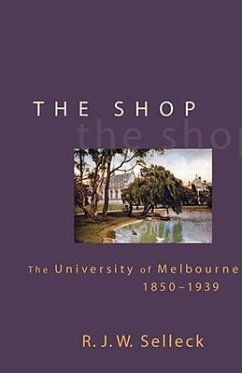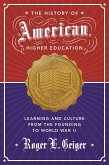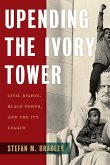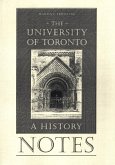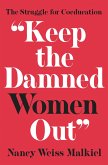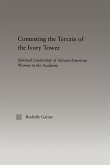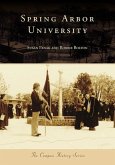Telling as much a social, educational, and cultural story as institutional history, this detailed account chronicles the ideological patterns, internal and countrywide conflicts, and student experiences at the University of Melbourne from 1850 to 1939. The daily life of staff, professors, and students are recounted during times of turmoil and peace in Australia, including the depression of the 1890s and World War I. The account offers a window into the pedagogical conflicts and research achievements of one of Australia's oldest continuing educational institutions.
Amid the excitement and disorder of the gold rush, Melbourne's middle class created the University of Melbourne--known to many generations as 'The Shop'--to serve the interests of its sons. The foundation professors were well acquainted with the ancient universities of England and Ireland, but they swiftly realised that colonial society had different needs and visions. Richard Selleck adroitly places the university in its historical and political context. He examines its relation to government, the press and the school system, and its mutually self-serving links with the professions such as law, medicine, engineering and teaching. He analyses the contemporary intellectual debates: the significance of evolution and political economy, the power and promise of science, the challenge to religious belief, the status of classical education, the growth of socialism, the equivocal liberation of women, the still more equivocal treatment of indigenous people, the birth of a research university, the vagaries of Empire, and the precariousness of academic freedom. This book challenges those who work or study in universities today, and those who fund them, to measure themselves against their predecessors. The inescapable conclusion is that most of the issues that convulsed the University of Melbourne in its formative decades are still alive and troublesome today.
Hinweis: Dieser Artikel kann nur an eine deutsche Lieferadresse ausgeliefert werden.
Amid the excitement and disorder of the gold rush, Melbourne's middle class created the University of Melbourne--known to many generations as 'The Shop'--to serve the interests of its sons. The foundation professors were well acquainted with the ancient universities of England and Ireland, but they swiftly realised that colonial society had different needs and visions. Richard Selleck adroitly places the university in its historical and political context. He examines its relation to government, the press and the school system, and its mutually self-serving links with the professions such as law, medicine, engineering and teaching. He analyses the contemporary intellectual debates: the significance of evolution and political economy, the power and promise of science, the challenge to religious belief, the status of classical education, the growth of socialism, the equivocal liberation of women, the still more equivocal treatment of indigenous people, the birth of a research university, the vagaries of Empire, and the precariousness of academic freedom. This book challenges those who work or study in universities today, and those who fund them, to measure themselves against their predecessors. The inescapable conclusion is that most of the issues that convulsed the University of Melbourne in its formative decades are still alive and troublesome today.
Hinweis: Dieser Artikel kann nur an eine deutsche Lieferadresse ausgeliefert werden.

